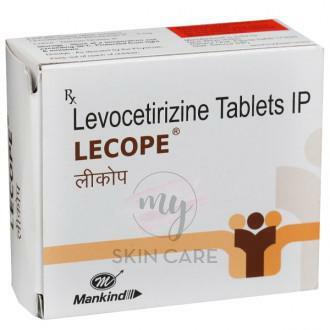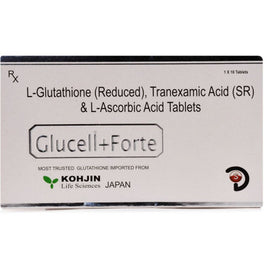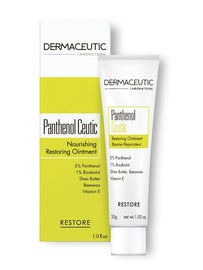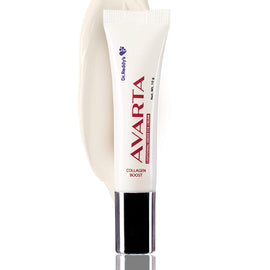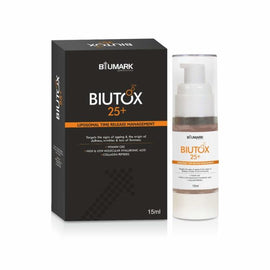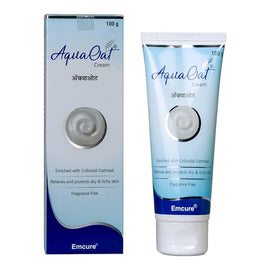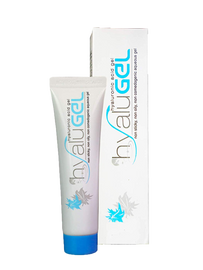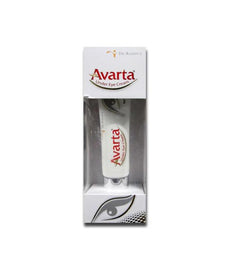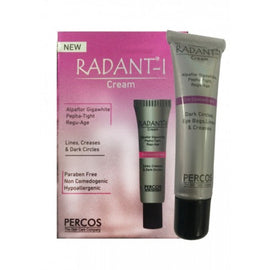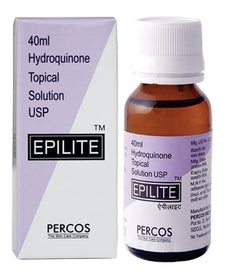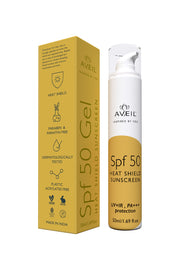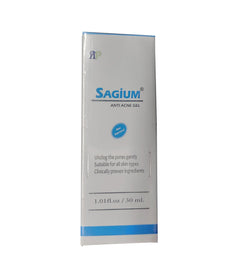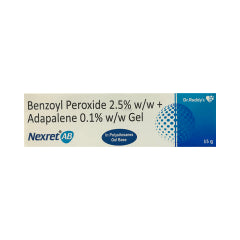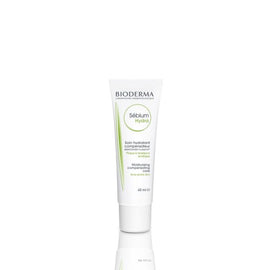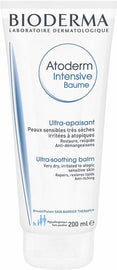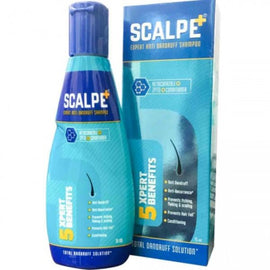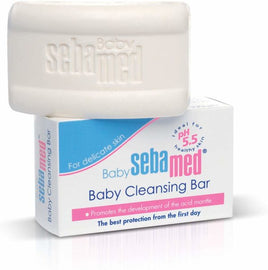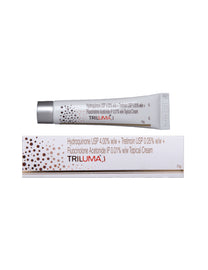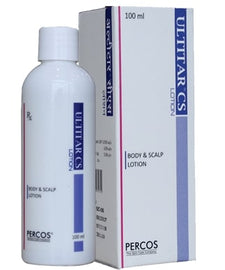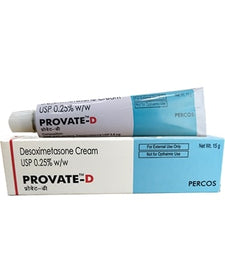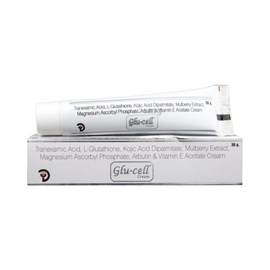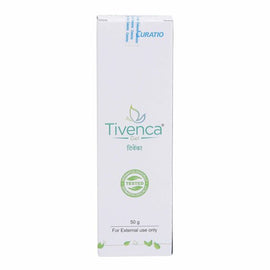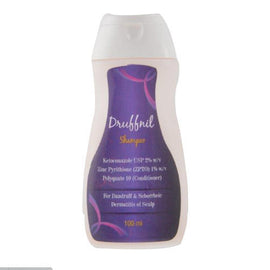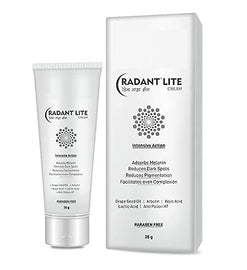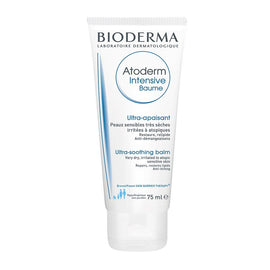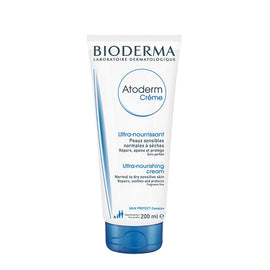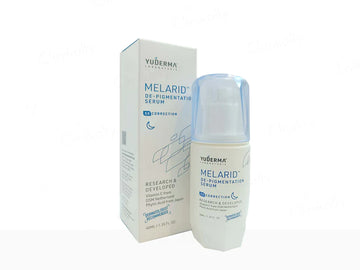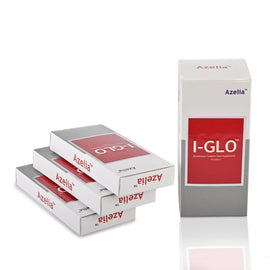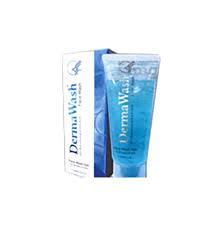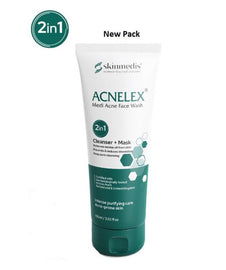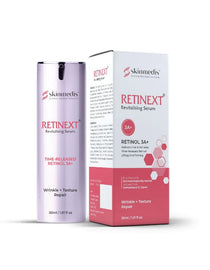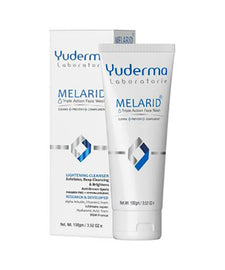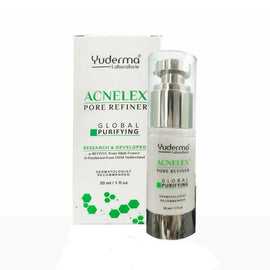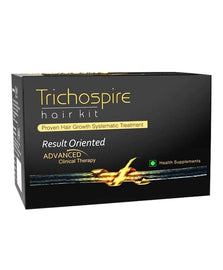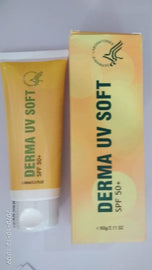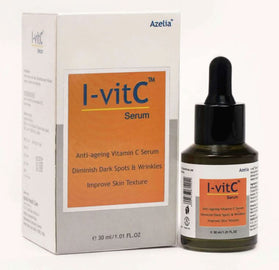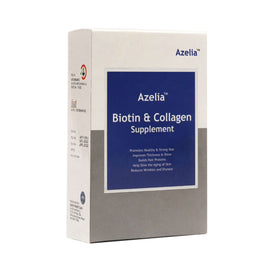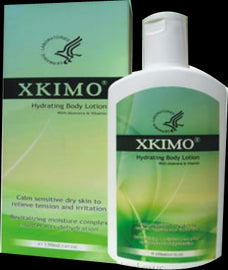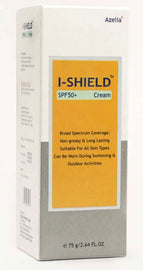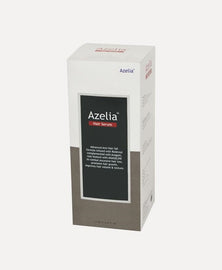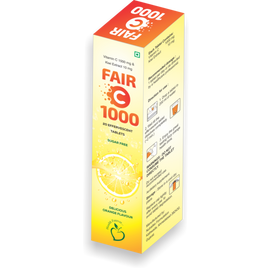Lecope-AD Tablet is used to treat common cold symptoms. It thins mucus in the nose, windpipe and lungs making it easier to cough out. It also provides relief from seasonal allergic conditions such as runny nose, watery eyes, sneezing and congestion or stuffiness.
Lecope-AD Tablet is taken with or without food in a dose and duration as advised by the doctor. The dose you are given will depend on your condition and how you respond to the medicine. You should keep taking this medicine for as long as your doctor recommends. If you stop treatment too early your symptoms may come back and your condition may worsen. Let your doctor know about all other medications you are taking as some may affect, or be affected by this medicine.
The most common side effects are nausea, vomiting, loss of appetite, stomach upset, dryness in mouth, headache, fatigue, skin rash, and itching. Most of these are temporary and usually resolve with time. Contact your doctor straight away if you are at all concerned about any of these side effects. It can also cause dizziness and sleepiness, so do not drive or do anything that requires mental focus until you know how this medicine affects you. Avoid drinking alcohol while taking this medicine as it can make dizziness worse.
Before taking it, you should tell your doctor if you have any kidney or liver diseases so that your doctor can prescribe a suitable dose for you. Also tell your doctor if you are pregnant, planning pregnancy or breastfeeding.
USES OF LECOPE-AD TABLET
Common cold symptoms
SIDE EFFECTS OF LECOPE-AD TABLET
Common
Nausea
Vomiting
Loss of appetite
Upset stomach
Dryness in mouth
Headache
Fatigue
Sleepiness
Insomnia (difficulty in sleeping)
Skin rash
Itching
HOW TO COPE WITH SIDE EFFECTS?
The occurrence of side effects varies from person to person. The following are a few ways of dealing with some of the common side effects. However, consult your doctor if these persist.
Coping with Nausea
You can help yourself by eating small, frequent meals rather than large ones and drinking plenty of fluids. Eat slowly. Avoid fatty, fried, spicy and very sweet foods. Eat cold or slightly warm food if the smell of cooked or cooking food makes you feel sick. Get plenty of fresh air. You could also try chewing ginger or drinking ginger tea. Eat bananas to replace potassium in your blood which can drop if you are sick (vomit). Use oral rehydration salts to replace vitamins and minerals lost through being sick. There are some medicines that can help you stop from feeling sick. Speak to your doctor if your condition does not improve.
Coping with Vomiting
You can help yourself by eating small, frequent meals rather than large ones and drinking plenty of fluids. Eat slowly. Avoid fatty, fried, spicy and very sweet foods. Eat cold or slightly warm food if the smell of cooked or cooking food makes you feel sick. Get plenty of fresh air. You could also try chewing ginger or drinking ginger tea. Eat bananas to replace potassium in your blood which can drop if you are sick (vomit). Use oral rehydration salts to replace vitamins and minerals lost through being sick. There are some medicines that can help you stop feeling sick. Speak to your doctor if your condition does not improve.
Coping with Loss of appetite
It is important to eat, even if you do not feel like it. You might try switching to smaller meals and frequent snacks. Try eating healthy and nutritious snacks that are high in calories and protein, such as dried fruit and nuts. It is important to drink even if you cannot eat. But, do not fill your stomach with liquid before eating. Eat when you are most hungry. Exercise such as a short walk may also increase your appetite. Talk to your doctor about possible medication or supplements if your condition does not improve.
Coping with Upset stomach
Try taking your medicine with a meal or snack, or shortly after eating. It might help to eat smaller and more frequent meals, and to eat and drink slowly. Avoid foods which can irritate your stomach such as carbonated soft drinks, caffeine, fatty and spicy foods, mints and citrus fruits. Quit smoking and alcohol because they increase the symptoms. Do not eat for 3 or 4 hours before going to bed. Try raising the head of your bed at night or use extra pillows. Ask your doctor or pharmacist about medicines that may help, such as antacids, if your condition does not improve.
Coping with Dryness in mouth
Keep a drink available that you can sip through the day. Rinse your mouth with warm salted water and chew sugarless gum or hard candy. Try breathing through your nose more often than your mouth. Avoid caffeinated beverages, smoking and alcohol because they can make your condition worse. Use lip balm if your lips are also dry. Try to avoid foods that are acidic (like lemons), spicy, salty or sugary. If this side effect bothers you or does not go away, talk to your doctor about artificial saliva products or other suitable treatments.
Coping with Headache
Make sure you rest and drink plenty of fluids. Rest in a quiet, dimly lit room. Do not sleep more than you normally would. Do not strain your eyes (for example by looking at a screen). Do not drink alcohol. Headaches are usually temporary and usually go away with time. But, if they last longer or get worse, ask your doctor to recommend a painkiller.
Coping with Sleepiness
If the medicine is making you drowsy during the day, stop what you are doing and sit or lie down until you feel better. You can also consider taking a nap. Physical exercises such as walking may be helpful. Do not drink alcohol, as it will make you feel more tired. Avoid driving or operating heavy equipment when you are feeling drowsy. This problem usually goes away as your body gets used to the medicine. However, if it does not, ask your doctor if you can take your medicine at bedtime or whether the dose can be reduced.
Coping with Skin rash
There are many treatments for a wide range of skin problems. Avoid hot showers or baths because hot water can irritate the skin. Make sure to pat dry your skin after a bath or shower. Do not rub or scratch the affected area. Leave the skin exposed to the air as much as possible. Do not use perfumed soaps or deodorants. Water containing chlorine can make most skin problems worse, so avoid swimming. Avoid spicy foods, alcohol, tobacco smoke and caffeine as it may also make itching worse. Avoid excessive sun exposure. Always use sunscreen and protective clothing when outdoors. Moisturizers can be used regularly to soothe and hydrate the affected area. If it does not get better within a week, speak to a pharmacist or doctor.
HOW TO USE LECOPE-AD TABLET
Take this medicine in the dose and duration as advised by your doctor. Swallow it as a whole. Do not chew, crush or break it. Lecope-AD Tablet may be taken with or without food, but it is better to take it at a fixed time.
HOW LECOPE-AD TABLET WORKS
Lecope-AD Tablet is a combination of three medicines: Ambroxol, phenylephrine and levocetirizine which relieve common cold symptoms. Ambroxol is a mucolytic which thins and loosens mucus (phlegm), making it easier to cough out. Phenylephrine is a decongestant which narrows the small blood vessels providing relief from congestion or stuffiness in the nose. Levocetirizine is an antiallergic which relieves allergy symptoms like runny nose, watery eyes and sneezing.
SAFETY ADVICE
warnings
Alcohol
CAUTION
Caution is advised when consuming alcohol with Lecope-AD Tablet. Please consult your doctor.
warnings
Pregnancy
CONSULT YOUR DOCTOR
Lecope-AD Tablet may be unsafe to use during pregnancy. Although there are limited studies in humans, animal studies have shown harmful effects on the developing baby. Your doctor will weigh the benefits and any potential risks before prescribing it to you. Please consult your doctor.
warnings
Breastfeeding
CONSULT YOUR DOCTOR
Information regarding the use of Lecope-AD Tablet during breastfeeding is unavailable. Please consult your doctor.
warnings
Driving
UNSAFE
Lecope-AD Tablet may decrease alertness, affect your vision or make you feel sleepy and dizzy. Do not drive if these symptoms occur.
warnings
Kidney
CAUTION
Lecope-AD Tablet should be used with caution in patients with kidney disease. Dose adjustment of Lecope-AD Tablet may be needed. Please consult your doctor.
Use of Lecope-AD Tablet is not recommended in patients with severe kidney disease.
warnings
Liver
CAUTION
Lecope-AD Tablet should be used with caution in patients with liver disease. Dose adjustment of Lecope-AD Tablet may be needed. Please consult your doctor.




